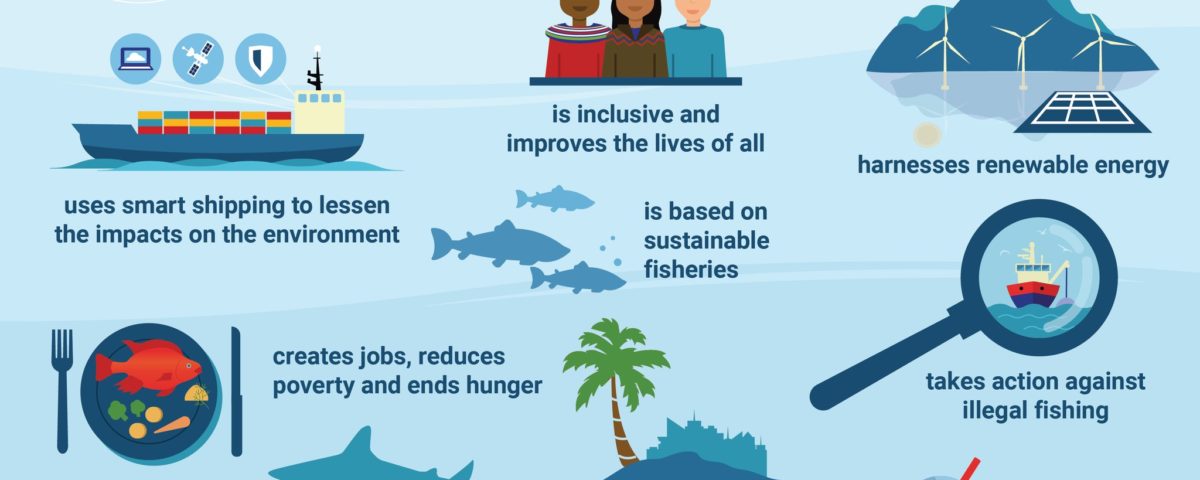What you need to know about the Sustainable Blue Economy Conference

AT 19 | Guest Post
26th November 2018
Where to shop zero waste in Kenya
29th November 2018The Sustainable Blue Economy Conference is the first to be hosted globally in Kenya with the co-hosts Canada and Japan. The conference is geared towards realizing the economic benefit from the earth’s coastal and marine environment. The world’s oceans, seas, lakes and rivers are the key topics of discussion at the conference. The main focus will be on people in developing states, women and youth and Indigenous peoples.
Why Sustainable Blue Economy
“Our planet is a blue planet: over seventy percent of it is covered by the sea. The Pacific Ocean alone covers half the globe. You can fly across it non-stop for twelve hours and still see nothing more than a speck of land.” – David Attenborough
72% of Earth is covered in water. Only 97% of that is salty ocean water and not suitable for drinking. The World Bank estimates that oceans absorb about 25% of the extra carbon dioxide added to the atmosphere by burning fossil fuels. The blue economy is a term commonly used in regards to the decoupling of socio-economic activities and development from environmental degradation and optimizing the benefits which may be derived from marine resources. Globally, the ocean economy has an asset base of over $24 trillion. Fishing and aquaculture, shipping, tourism, and other marine-based activities generate at least $2.5 trillion each year.
The Sustainable Blue Economy Conference is an opportunity to establish and build upon achievements already gained and to provide examples of how it can help contribute to the well-being of all beings on earth, both flora and fauna (people included).
Challenges facing the Blue Economy
Pollution
From untreated sewage, garbage, fertilizers, pesticides, industrial chemicals and plastics. Plastic pollution is the number one challenge facing our oceans today. By 2050, the oceans will contain more plastic than fish by weight. Plastic is being eaten by marine life entering every level of the food chain and even ending up in the seafood on our plates.
Overexploitation
Overfishing is the worst impact humans are having on the oceans. The Food and Agriculture Organization estimates that over 70% of the world’s fish species have been entirely exploited or depleted. This destructive fishing practices cannot be able to ensure fish regenerate after fishing, threatening food security for hundreds of millions of people.
Other challenges include the destruction of habitat and coral reefs, whaling and shark finning, offshore drilling, acidification, unsustainable human activity around and in water bodies, unsustainable mineral extraction, maritime insecurity and lack of protection from the negative impacts climate change.
Sustainable Development Goal 14
SDG 14 is geared towards conserving and sustainably using the oceans, seas and marine resources for sustainable development. This conference is thus focused on realizing and envisioning the goals towards the 2030 agenda for sustainable development.
This conference is a great opportunity for global leaders to ensure the world derives maximum benefits from a blue economy while supporting community resilience. It is also a great opportunity to envision a world where nature is not destroyed and the sustainability of our natural resources is maintained. In a world where the population is growing and economies continue to grow as well, this is a time where nature and people get to be discussed in one platform for the success of todays and future generations.




